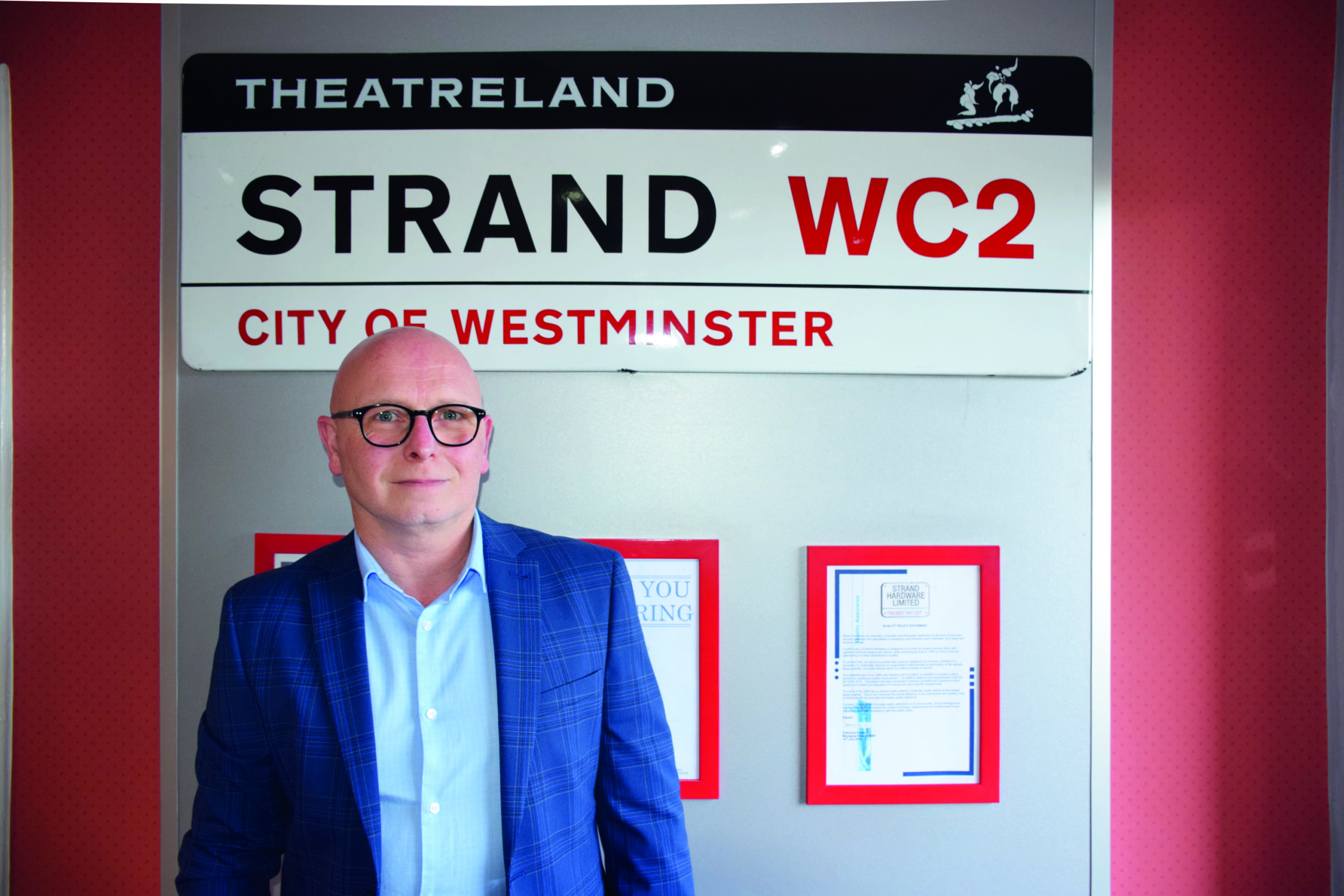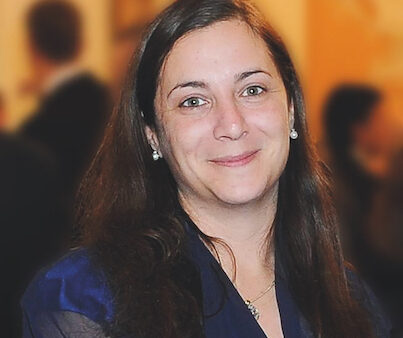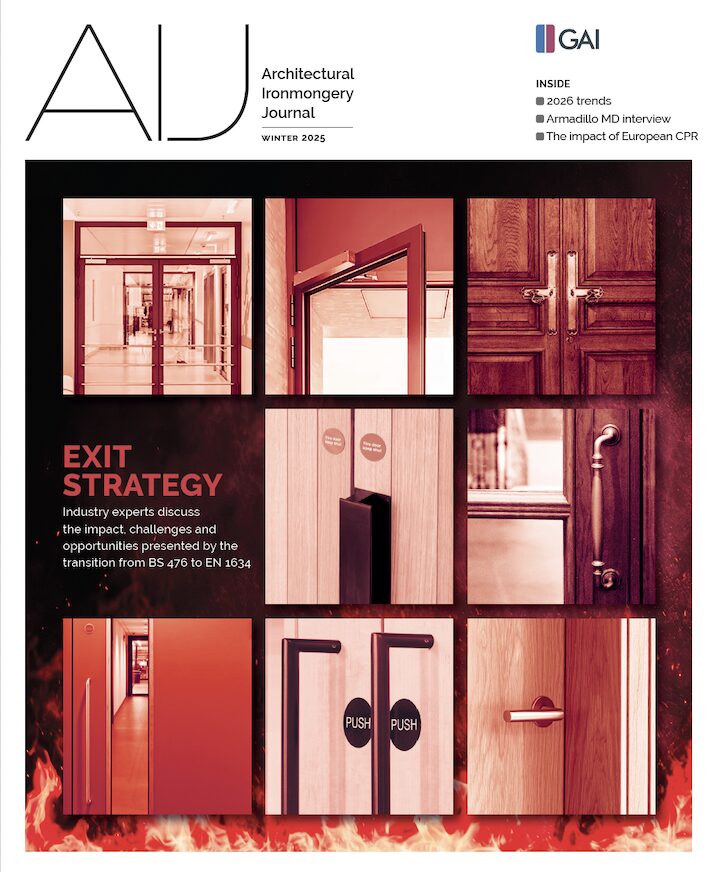Steve Marshall is at the helm of not one but three companies. He shares his management tips

Much has been written about leadership. It is the subject of academic theory, hypothesised and applied through models, defined styles, approaches, and delivered against best practice. From first line managers to Prime Ministers, we assess the qualities of leadership: the mind of a strategist, a variety of personal attributes, the ability to lead others and to achieve great things.
In January this year, I took on the role of managing director for not one, but three separate businesses – all different in nature, size and purpose.
Strand Hardware will be well known to many as suppliers of specialist safety and panic exit door hardware. It is an established family-led business of 30 years standing. Its sister company, Strand Technologies, is a technology-based operation providing IoT (internet of things) services to various sectors. The third is AliMet Fabrications, an aluminium systems manufacturer, connected by directorship, but operating as a separate entity.
I began my career as an estimator for an aluminium door and window fabrication company before moving into automatic doors in sales, service and operations roles. This gave me a breadth of industry knowledge – ideal for leading three such companies. But I still have a lot to learn.
The first 100 days is considered a critical period for any senior manager – an opportunity to see things afresh and make your mark. We quickly assimilate a mass of information, work our way through it and start to plan the future.
It’s useful to have a road map: a checklist of the things that you want to achieve during that initial period that will support short, medium and long-term planning alongside managing the day-to-day requirements of business.
All areas of the business need to be considered – values, culture and morale – along with the ‘mechanics’ including financials, sales, operational KPI’s, employment law, health and safety, strategy and compliance.
Good teams are crucial to the success of any business particularly smaller companies where expertise and cross-disciplinary working is essential”
All this sounds complicated, and it is, if we overthink it. Keeping things simple brings a clarity of mind. My approach is to use ‘three L’s’: to look, listen and learn. This is essentially an audit – we all do this when we start a new job, absorbing information to get a measure of our new environment and its ways of working.
Communication is essential, asking the right questions of colleagues, board members, suppliers and customers to better understand relationships, expectations and satisfaction levels. Equally, when you’re ready to start applying change, communicating your intentions, and encouraging others to embark on a new journey and empowering them to put in place planned improvements is key.
Good teams are crucial to the success of any business, particularly smaller companies where expertise and cross-disciplinary working is essential to improve efficiency and ensure resilience. Simple solutions can be put place to enable this to happen. For example, Strand HQ is being refurbished to improve layout, workflow and facilities for staff. Technology or process mapping for more effective working can be great enablers, especially in an era of hybrid working.
Of course, change management doesn’t have to be a linear process: audit, strategic planning and action can be applied incrementally to support the ‘bigger picture’. The trick is to keep the plates spinning – three times over!








